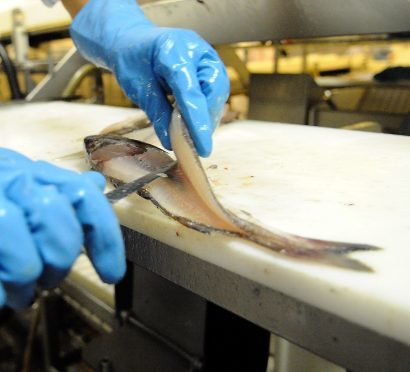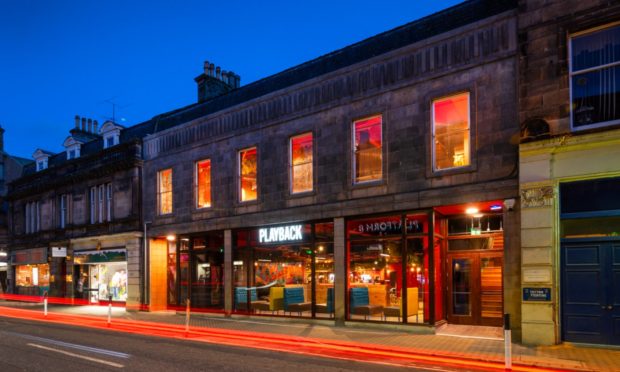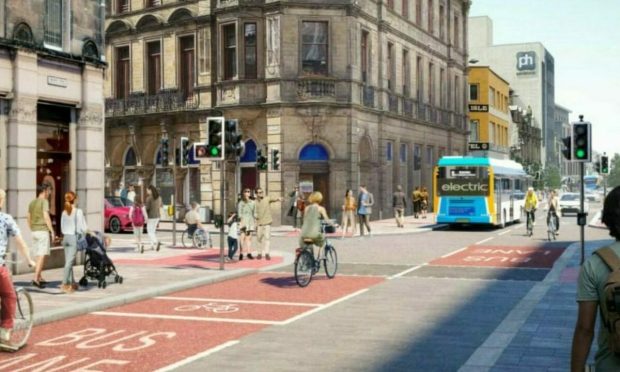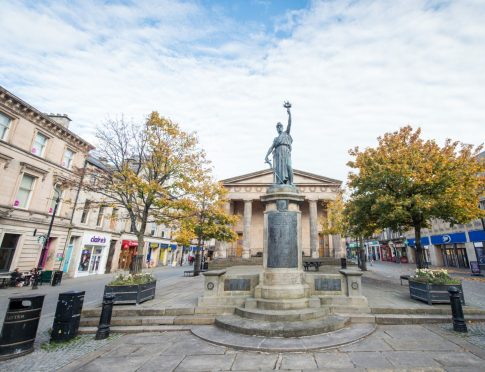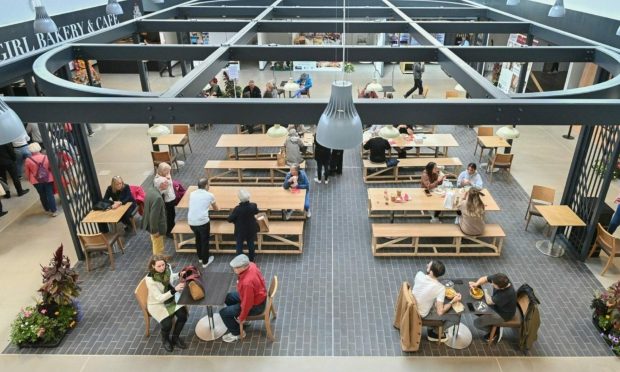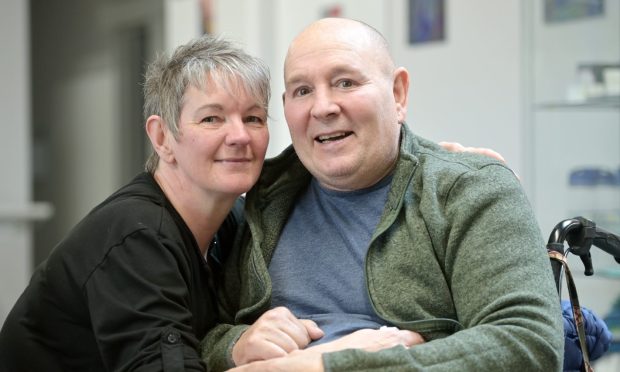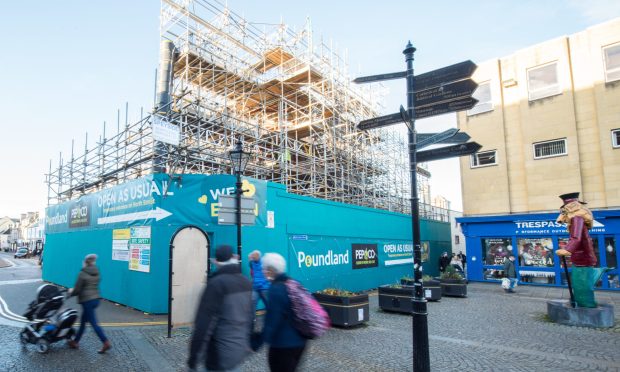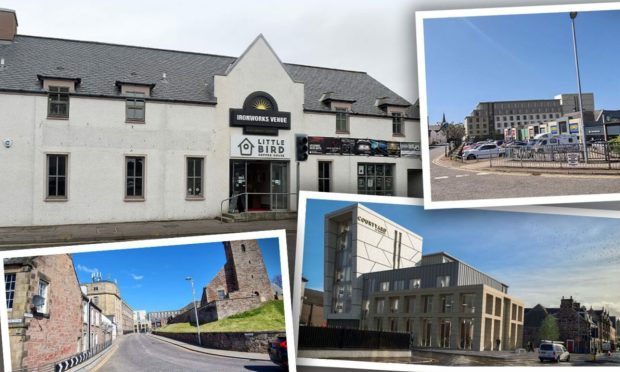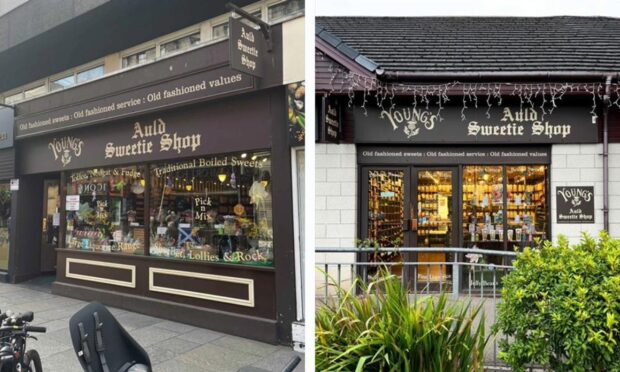Nine north-east seafood firms employing a total of 2,500 people have teamed up to help combat proposed increases in their business rates.
They have warned that the rate rises threaten to weaken the local economy and cause a downturn in one of the region’s thriving industries.
The new Grampian Seafood Alliance (GSA) comprises prominent Scottish seafood companies including John Ross Jr, Joseph Robertson and J Charles.
The group was formed to dispute planned business rate rises set by the Scottish Government which, in some cases, will see local firms subject to increases of up to 123%.
It claims the “unprecedented” increases have the potential to impact on local jobs and send the local seafood industry into a spiral of decline.
And the group has questioned Finance Minister Derek McKay’s decision to support other north-east sectors – but not seafood processors.
Christopher Leigh, managing director at family-owned and operated smoked salmon producer John Ross Jr, said: “Every business prepares for fair and incremental business rate rises, however, there is nothing fair and incremental about those being put forward.
A increase of 123%, in our case, will mean that we can no longer be as competitive both domestically and internationally, and this will only have a negative impact on the local economy in the long term.
“We are very disappointed with the disproportionate and what seem like arbitrary increases by the Scottish Government.
“It’s a very short-sighted decision and one that will undoubtedly prove detrimental to the north-east seafood industry and those that operate within it.”
Joseph Robertson managing director Michael Robertson added: “It is essential that we establish a long-term solution to remove the threat of current and future business rate increases of this scale.
“The sector needs to remain attractive to investors by building on its successes, not deter them from committing to the region.”
GSA is calling for the council to rethink its increases, and has expressed frustration at a lack of response by Mr McKay following a request for an urgent meeting.
It is now pushing for an early May meeting and is also urging First Minister Nicola Sturgeon to “recognise the damaging socioeconomic impact that the proposed increases will have on north-east Scotland’s fishing communities”.
J Charles partner Andrew Charles said: “The Scottish Government has been made aware of the business rates issue.
“It’s now clear that we’ve been abandoned by it and dismissed by Aberdeen City Council, which has left me and no doubt countless other companies within the industry extremely disappointed.”
A spokesman for Finance Secretary Derek Mackay said: “The seafood processing sector is a key industry in the north-east, but it is one which, like others, is threatened by Brexit, with guarantees still needed from the UK Government over the status of the EU workers whom the sector is heavily reliant on.
“The SNP Government is delivering business rates relief worth £660million this year across Scotland, with specific help for firms in the north-east – and our actions mean around 8,000 businesses in Aberdeen city and shire will pay no rates at all next year.
“We have extended the Small Business Bonus Scheme – which has already saved businesses more than £1billion – so that more than half of premises pay no rates at all, meaning that seven out of 10 across the country will pay either nothing or less than they did last year.”
